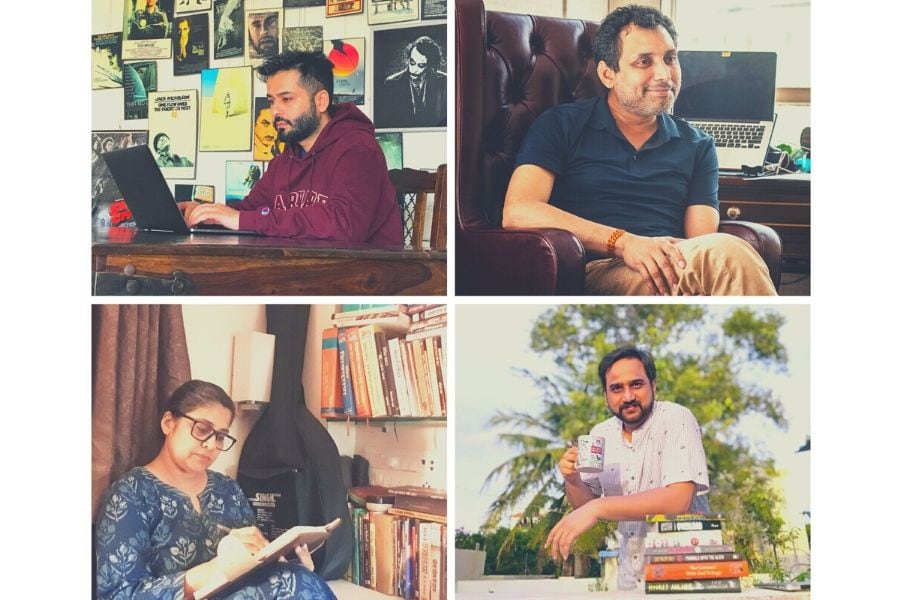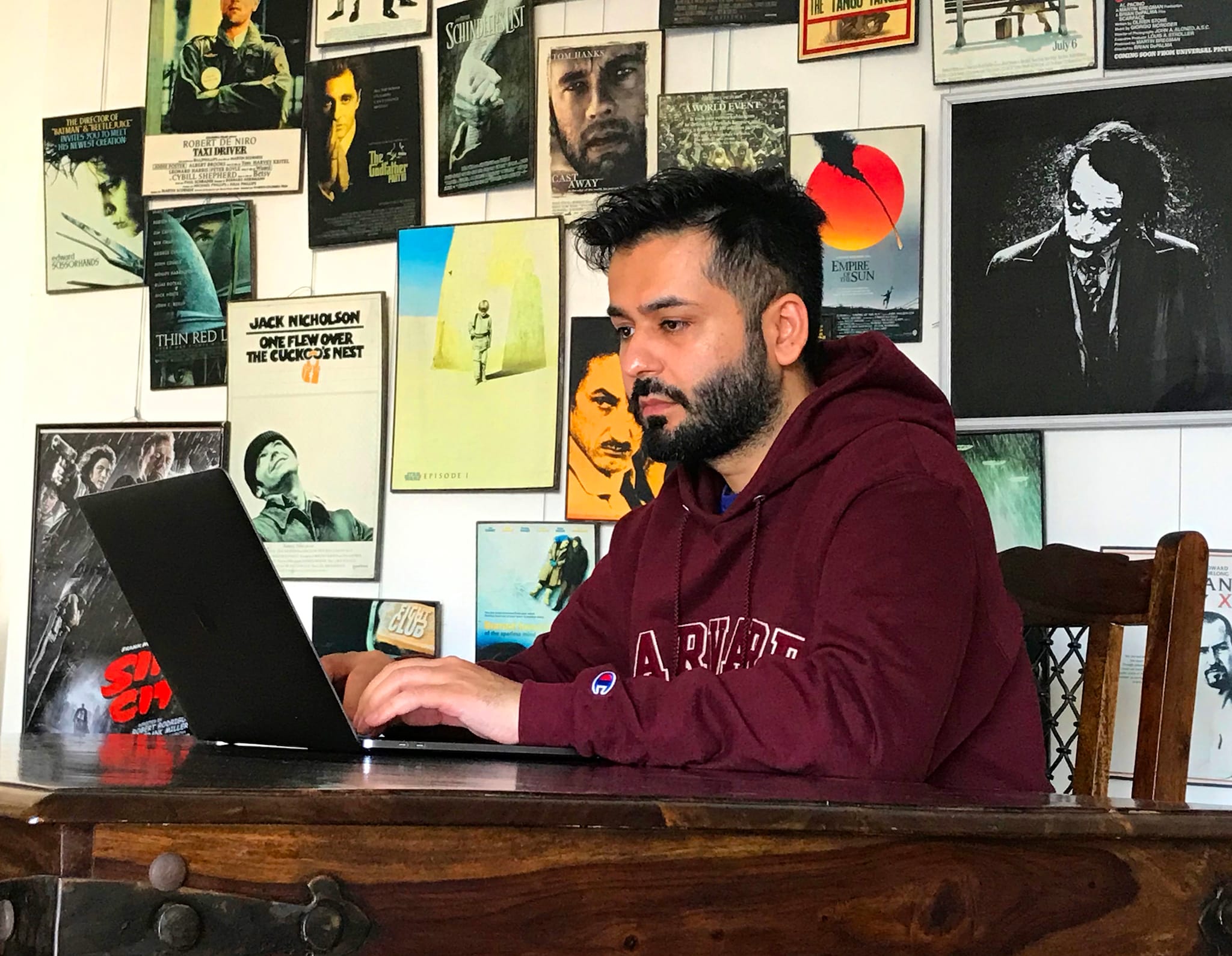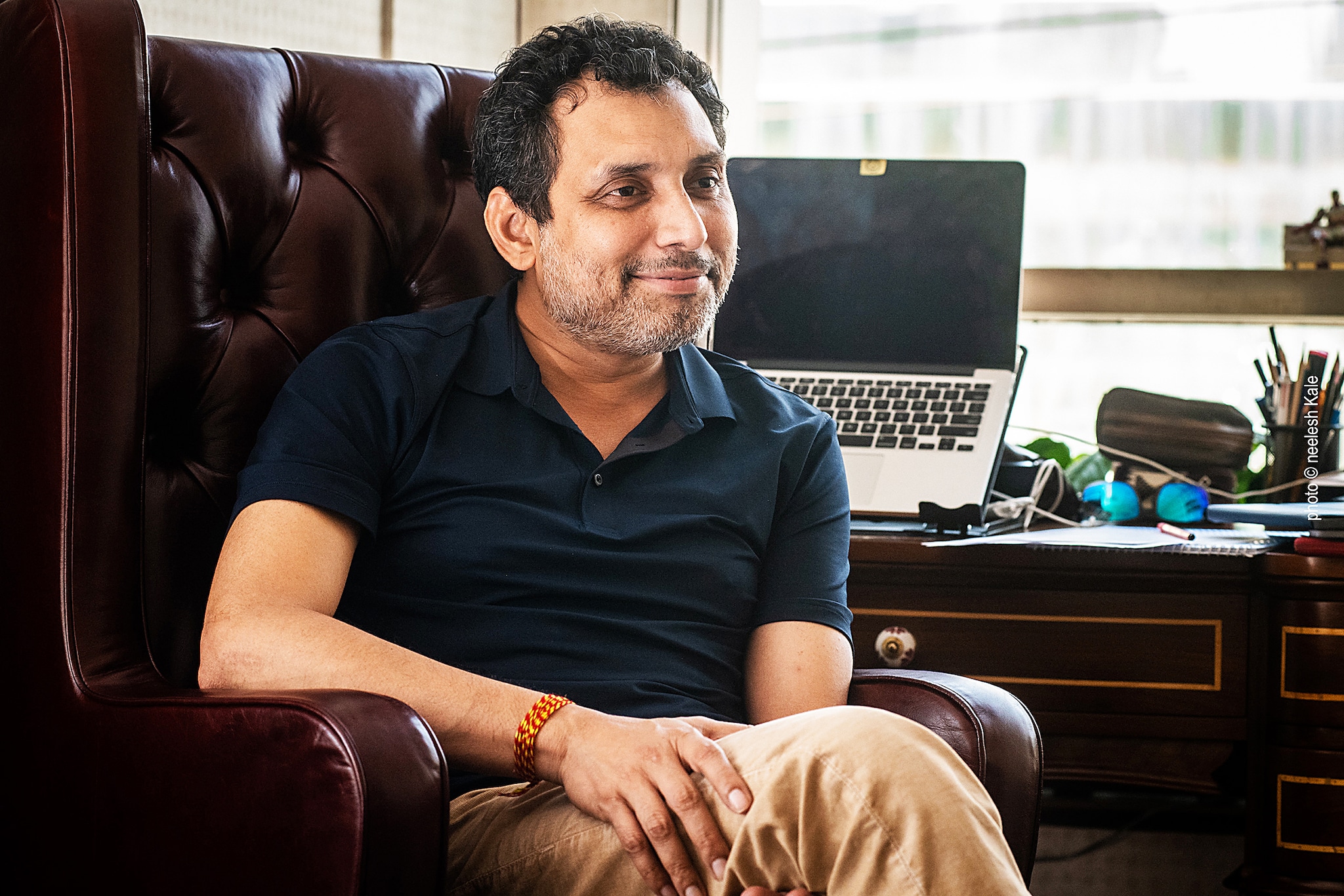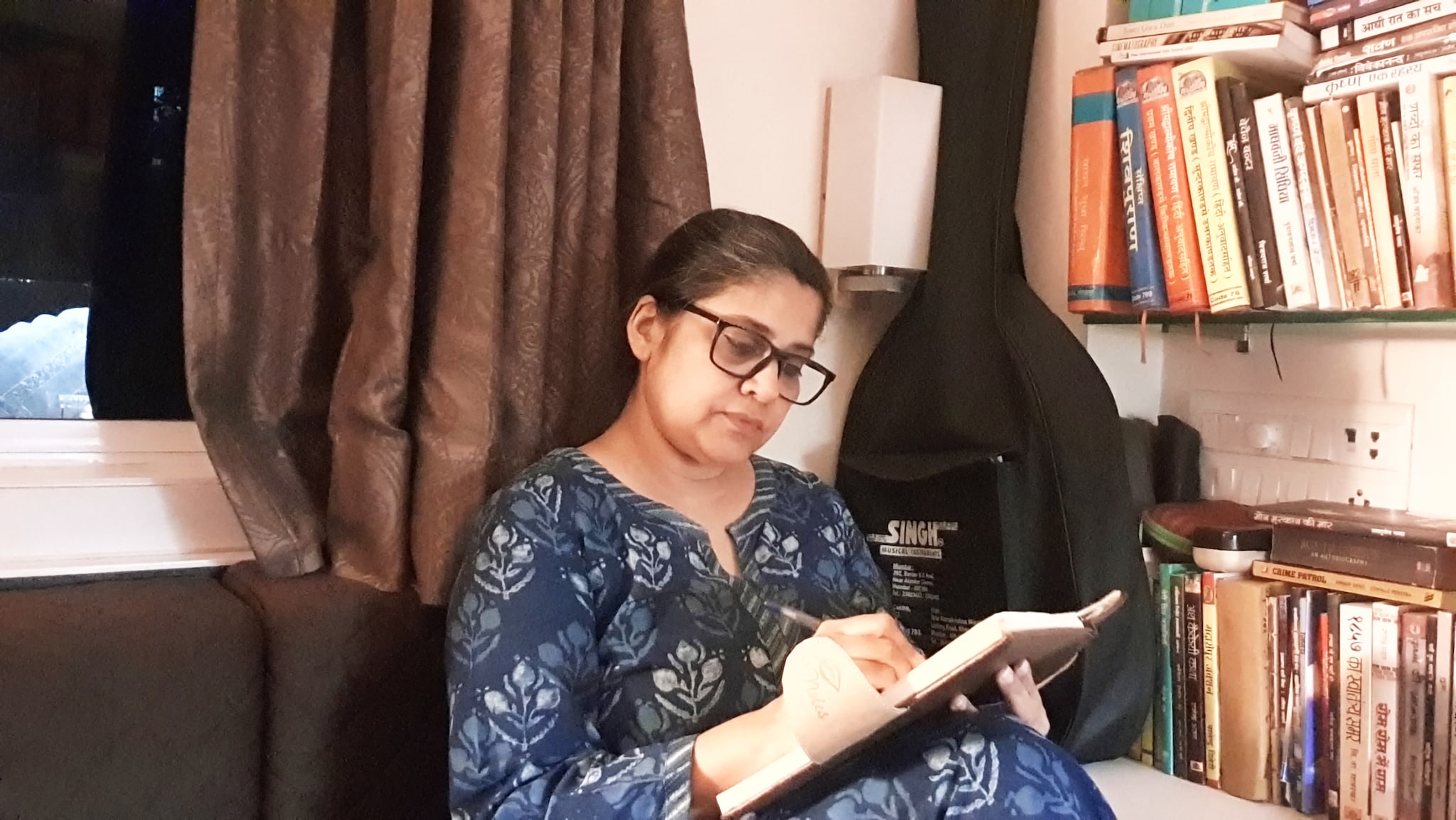
What are filmmakers doing during the lockdown?
With movie theatres closed and film shoots cancelled, filmmakers are using the time to revisit scripts, plan new projects and introspect
 Clockwise from top: Aditya Dhar, Neeraj Pandey, RS Prasanna & Renuka Shahane
Clockwise from top: Aditya Dhar, Neeraj Pandey, RS Prasanna & Renuka Shahane
On May 6, amid the lockdown, actor Amitabh Bachchan wrote on his blog that he had shot promos for the 12th season of Kaun Banega Crorepati and some social messaging videos after taking necessary precautions. He added that work that was scheduled for two days was completed in just one day. A day before that, Hollywood filmmaker Manoj Night Shyamalan tweeted that he had begun casting for his new film, which will be shot as soon as it is safe to do so. “I have been overwhelmed by the auditions. Recorded in homes all around the world. With such staggering numbers,” he wrote.
The Covid-19 pandemic has resulted in heavy losses for the film industry globally, as theatres remain shut and shoots cancelled. The fate of films that were ready for release remains uncertain, while some producers are contemplating releasing them on over-the-top platforms. Director Shoojit Sircar is releasing Gulabo Sitabo on Amazon Prime Video.
Several filmmakers, however, are confident of the industry emerging stronger from the crisis. And they are doing their bit towards this by scouting for locations from their homes, editing content that has already been filmed and refining scripts, among others. Forbes India spoke to four filmmakers about the future of the industry in a post-Covid-19 world.
Cinema will bounce back: Aditya Dhar, Director, Uri: The Surgical Strike (2019)
Upcoming Project: The Immortal Ashwatthama
For the last 10 to 12 years, I was mostly involved in writing; it is a job where isolation is involved. You are in a room for 8 to 10 hours a day, imagining or thinking of stories. During this lockdown, I have been working extensively on the script of my next film, The Immortal Ashwatthama, and the pre-production. Given the scale of the movie, the more we work on pre-production, the better it is for the film; we’ll waste less time once we go on the floors. Most of my days are spent on Zoom calls, discussing some aspect of the film. We are location-hunting and are in talks with various companies around the world. Given the current situation, we are keeping all options open. If we have to shoot parts on a studio floor, we’ll do that. We are supposed to start shooting in March 2021. We still have time, but because of the lockdown there will be some ripple effect. Lead actor Vicky Kaushal’s dates may have to be readjusted if Takht [the film he is doing before Ashwatthama] gets pushed ahead; our schedule may have to be reworked.
 Image: Neelesh Kale
Image: Neelesh Kale

 Image: Meenakshi Ramani
Image: Meenakshi Ramani




